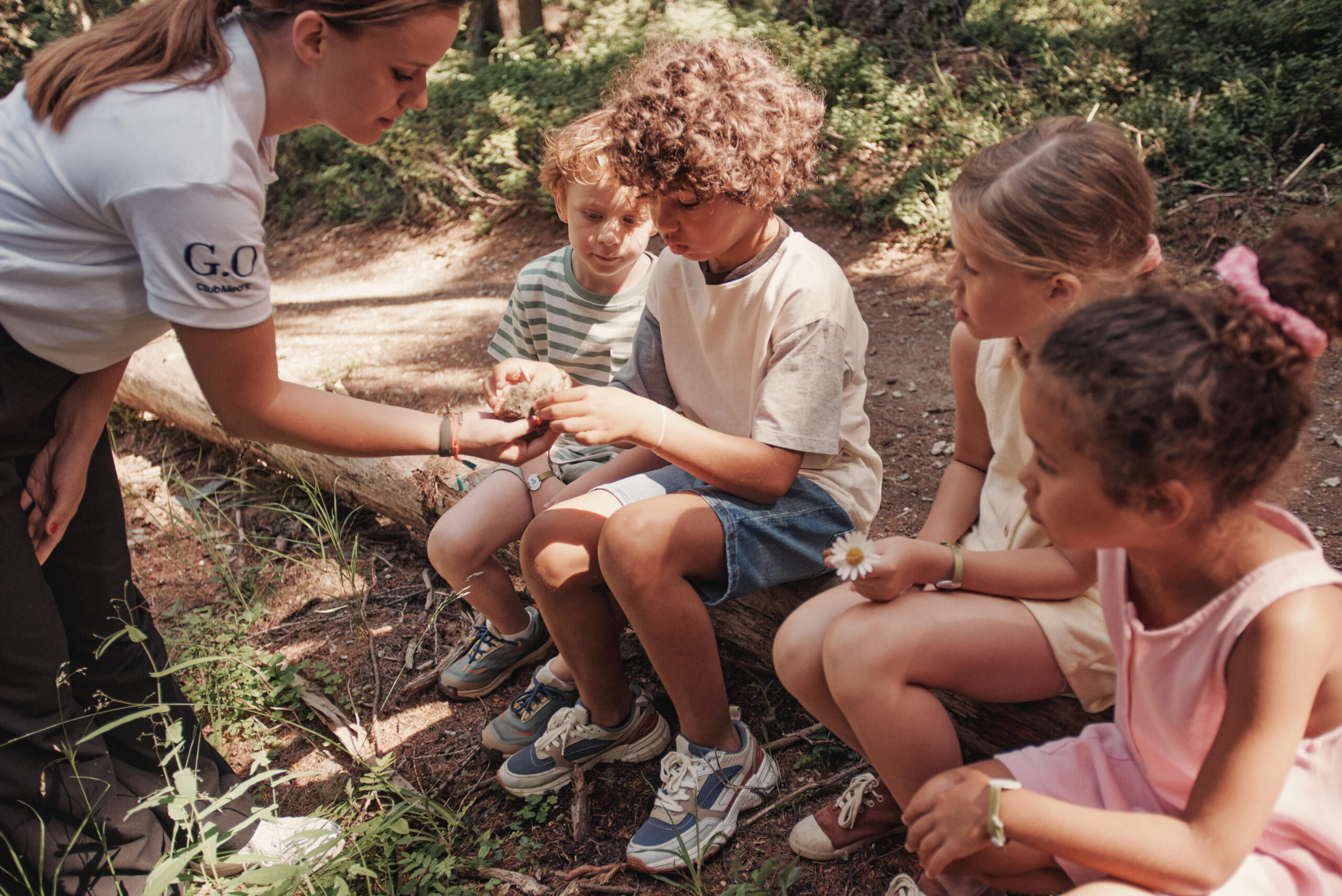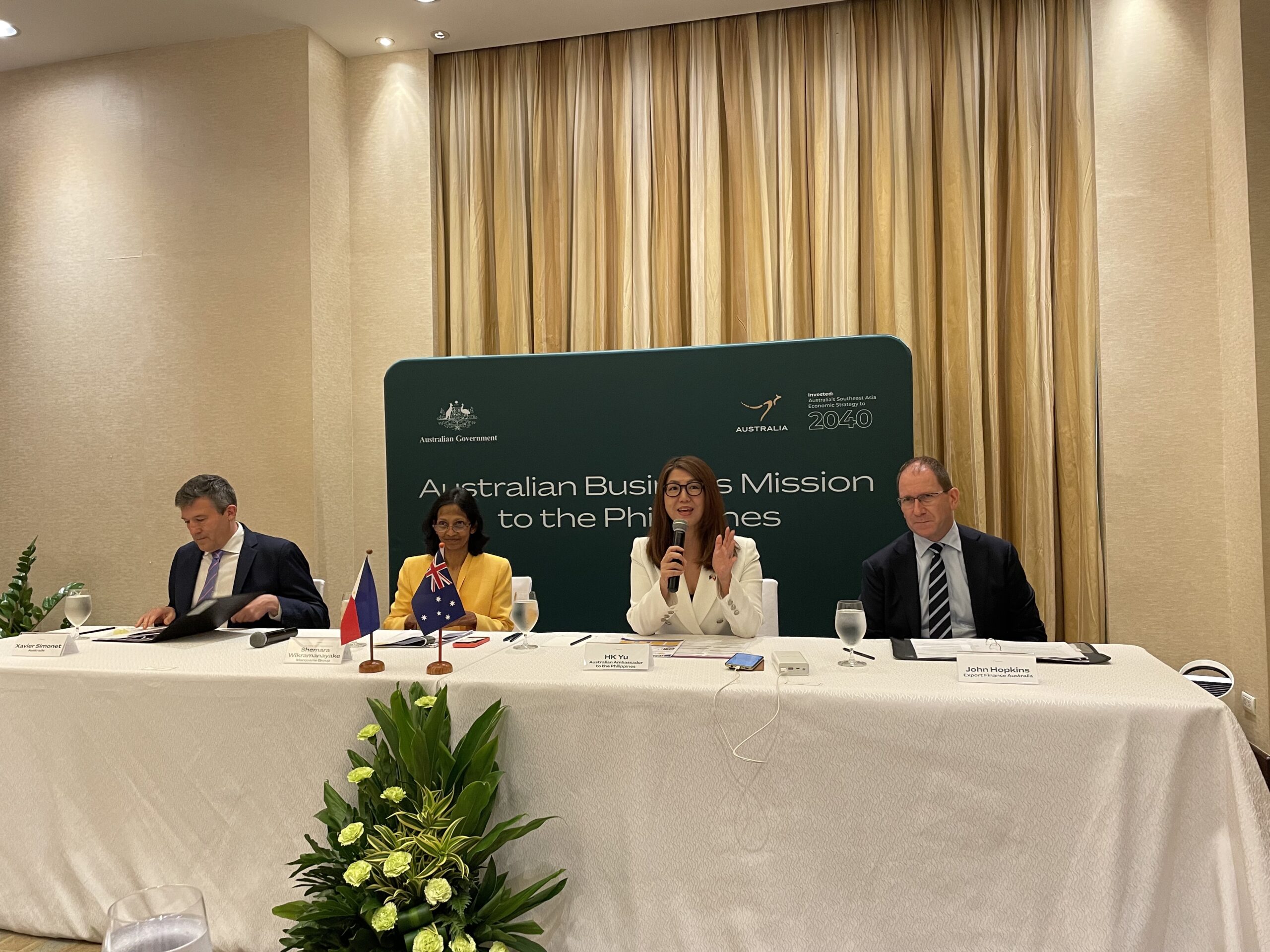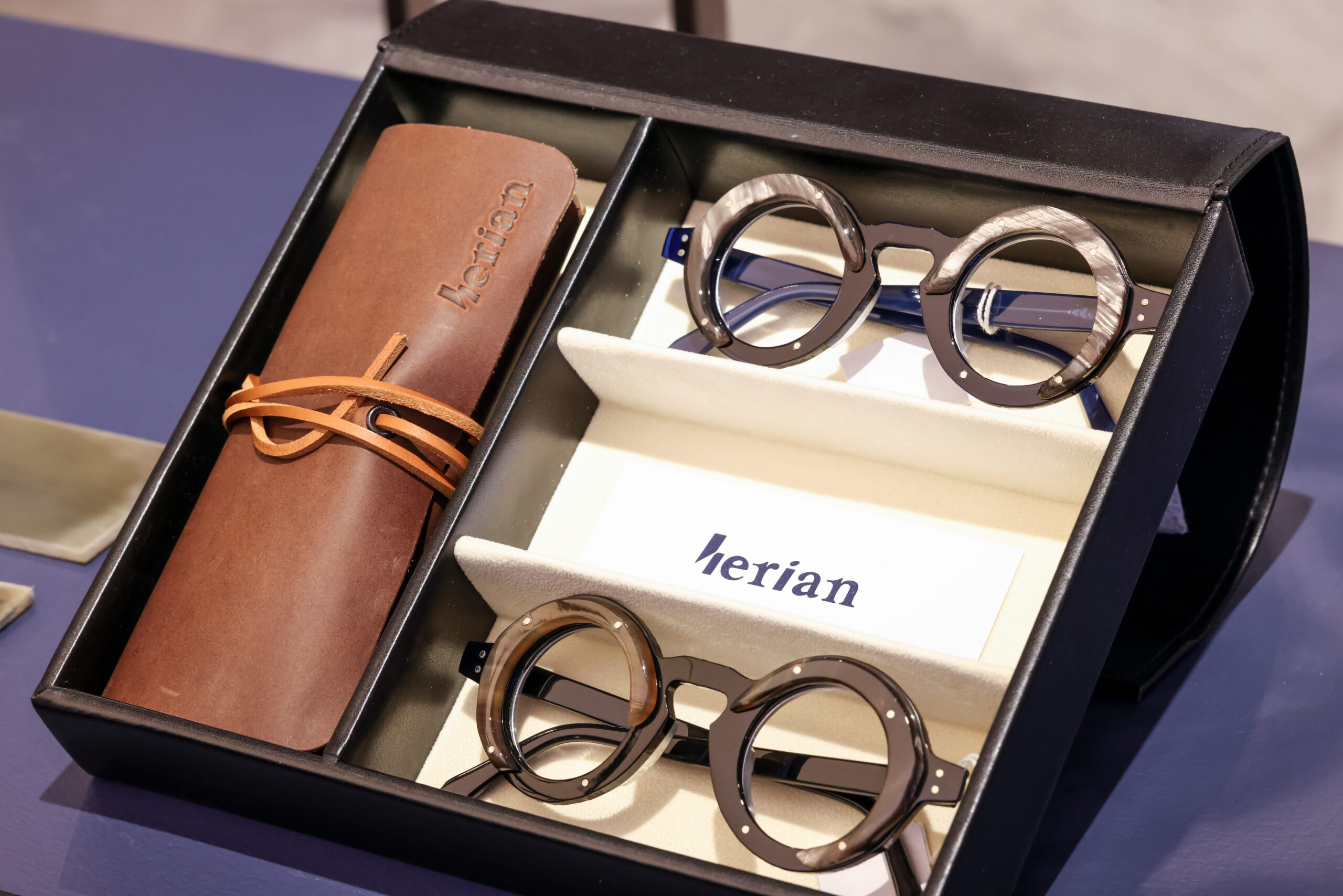After 100 days in office, President Rodrigo Duterte’s sensitivity when it comes criticisms of his war on drugs has become common knowledge, and quite expected.
As if it wasn’t clear enough, his tirade challenging the US, EU and human rights advocates to withdraw their financial assistance from the Philippines likely made the point come across.
With the President’s continuous tirades against the West, supposedly in pursuit of “independent foreign policy,” should we be concerned about possibly losing all the help we are getting from these Western countries and organizations?
More importantly, will the President’s cozying up to China and Russia be enough to get us through tough times without the US, the EU or the UN?
Let’s take a look at some of the numbers between the US and China in relation to the Philippines for a little perspective.
15 vs. 10.9
According to a Philippine Daily Inquirer column by economist, professor, and former director-general of the National Economic and Development Authority Cielito F. Habito, “The United States is more important to us as an export market, accounting for 15 percent of our total exports in value terms, against China’s 10.9 percent.”
In terms of imports, we got 10.8 percent from the U.S. and 16.2 percent from China. Habito points out, “The latter figure is likely to be even higher, given the rampant smuggling of goods into the country, particularly from China.”
2 vs. 90
Let’s talk about something a little bit easier to understand.
After super typhoon ‘Yolanda’ gutted Visayas in 2013, China pledged US$2 million in aid.
Meanwhile, furniture company Ikea pledged US$2.7 million.
According to Vicente Rafael, a professor of Southeast Asian history at the University of Washington, the US “initially pledged [US$20 million] in aid, but delivered [US$90 million].”
25,000,000,000
Many of us already know that the biggest market of the BPO (business process outsourcing) industry is the US.
According to Rafael, BPO companies earned US$25 billion from 2015 to 2016.
“BPOs are the sunrise industry for the Philippines where we have clear competitive advantage (language, adaptability, time zone) versus the rest of the world,” Rafael wrote.
31.2 vs. 0.2
In 2015, out of remittances totaling US$25.8 billion, 31.2 percent or about US$8,049,600,000 came from the US.
Meanwhile, remittances coming from China accounted for 0.2 percent, roughly US$51.6 million.
34 vs. 0.8
When it comes to net foreign direct investments from 2011 to 2015, 34 percent came from the US.
China? Well, they gave us 0.8 percent.
According to Habito, “In 2014, only two percent of total Chinese investments into ASEAN reportedly went to the Philippines. Chinese Ambassador Zhao Jianhua is reported to have acknowledged that the Philippines invests more in China than China does in the Philippines.”
8.3
Much of the President’s tirades have stemmed from criticisms of his bloody ward on drugs.
Curiously, while Duterte has openly expressed his intentions to develop the country’s
relationship with China, despite the ongoing territorial dispute, it has been said that a vast majority of shabu (crystal meth) in the Philippines comes from China.
Prof. Rafael estimates the number to be pegged at 96 percent of the country’s shabu supply.
Convicted kidnapper, and alleged drug lord Jaybee Sebastian, the current administration’s star witness against Duterte’s staunchest critic, Sen. Leila de Lima, confirmed this during last Oct. 10’s Senate hearing – telling the panel that drugs they dealt with inside the New Bilibid Prison came from China.
The estimated value of the illegal drug trade in the country is US$8.3 billion.
Ironically, just a few weeks ago, Duterte gave his heartfelt thanks to China for building drug rehabilitation facilities in Nueva Ecija.
“I would like to thank China for being so generous to us… Only China is helping us. America, they just gave you principles of law and nothing else,” Duterte said in front of the Filipino community in Indonesia during his recent state visit.
By CHING DEE
Of aid and other drugs
Published on October 17, 2016
This post was last updated on March 26th, 2020 at 02:58 pm











